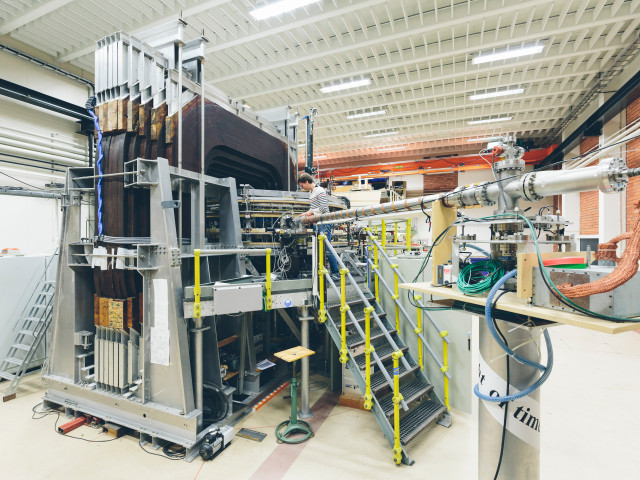- Basic geophysics, the thermal and electrical properties of the planet, geomagnetism
- Solar radiation on earth, solar spectrum, interaction between light and matter, UV light and ozone layers
- Atmospheric physics, radiation balance, greenhouse effect, sea and carbon cycle, climate system
- Heat engines, storage, pumps, cooling units, combustion, cars, electricity as energy carriers
- Nuclear power, fission, fusion, fourth generation reactors, radiation and health, fuel cycle and safety
- Renewable energy, solar cells, wind and water, biomass, artificial photosynthesis, bio-solar
- Energy storage, solar-to-heat, solar-assisted chemistry, batteries, capacitors, pumped hydropower
- Chemical, electromagnetic, acoustic and radiation pollution
- Environmental monitoring, atomic and molecular spectroscopy, remote / satellite sensing
- The context of society, energy resources, consumption, fresh water, anthropogenic climate change, human footprint, planetary boundaries, food alternatives, sustainable development, science and society
SK2712 Environmental physics 7.5 credits

Information per course offering
Choose semester and course offering to see current information and more about the course, such as course syllabus, study period, and application information.
Information for Spring 2026 Start 16 Mar 2026 programme students
- Course location
AlbaNova
- Duration
- 16 Mar 2026 - 1 Jun 2026
- Periods
Spring 2026: P4 (7.5 hp)
- Pace of study
50%
- Application code
60795
- Form of study
Normal Daytime
- Language of instruction
English
- Course memo
- Course memo is not published
- Number of places
Places are not limited
- Target group
- No information inserted
- Planned modular schedule
- [object Object]
- Schedule
- Part of programme
Master's Programme, Engineering Physics, year 1, TFYG
Master's Programme, Engineering Physics, year 1, TFYA
Master's Programme, Engineering Physics, year 1, TFYB
Master's Programme, Engineering Physics, year 1, TFYE
Master's Programme, Engineering Physics, year 1, TFYF
Master of Science in Engineering and in Education, year 5, MAFY
Contact
Course syllabus as PDF
Please note: all information from the Course syllabus is available on this page in an accessible format.
Course syllabus SK2712 (Autumn 2022–)Content and learning outcomes
Course contents
Intended learning outcomes
After completing the course, the student should be able to:
- describe and reflect on various concepts and topics in environmental physics
- solve practical problems related to environmental physics
- analyze different approaches and models used in the field
- evaluate arguments and views on various aspects of sustainable development
Literature and preparations
Specific prerequisites
Completed or ongoing degree project at the undergraduate level in the main area of technology.
English B / English 6
Literature
Examination and completion
Grading scale
Examination
- TEN1 - Oral exam, 4.5 credits, grading scale: A, B, C, D, E, FX, F
- INL1 - Hand-in assignments, 3.0 credits, grading scale: P, F
Based on recommendation from KTH’s coordinator for disabilities, the examiner will decide how to adapt an examination for students with documented disability.
The examiner may apply another examination format when re-examining individual students.
If the course is discontinued, students may request to be examined during the following two academic years.
Other requirements for final grade
For a passing grade on the course, a pass is required for all examination parts. The grade on the oral exam determines the final grade.
Examiner
Ethical approach
- All members of a group are responsible for the group's work.
- In any assessment, every student shall honestly disclose any help received and sources used.
- In an oral assessment, every student shall be able to present and answer questions about the entire assignment and solution.